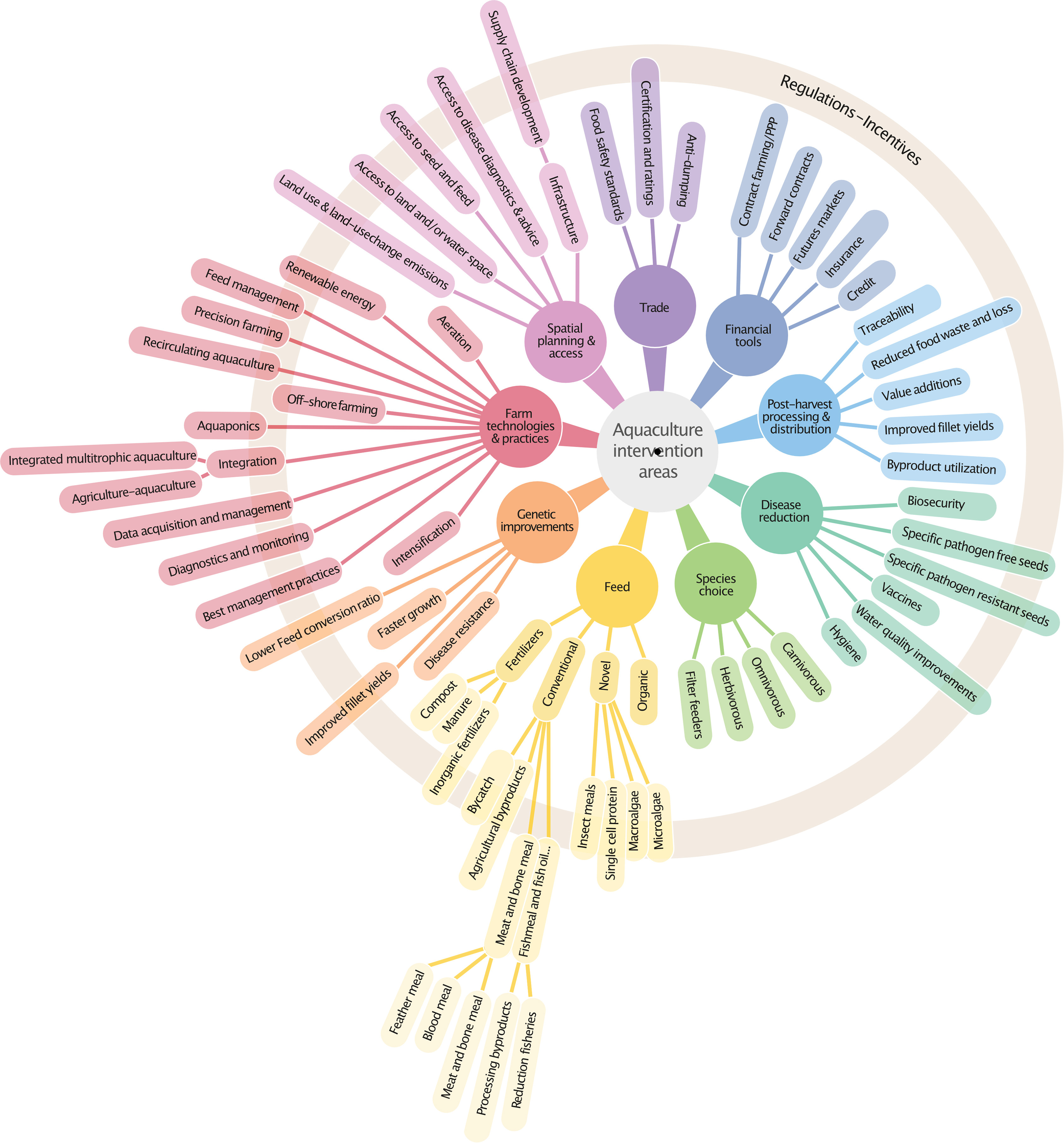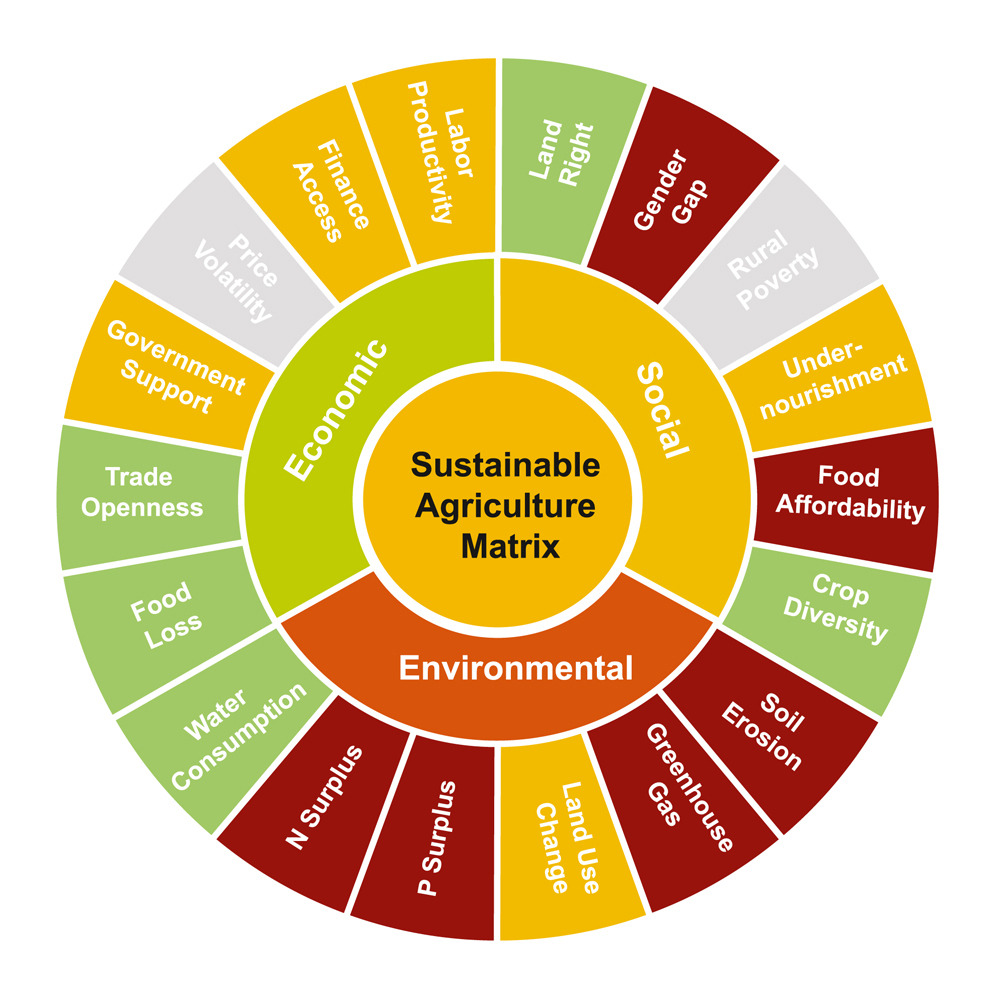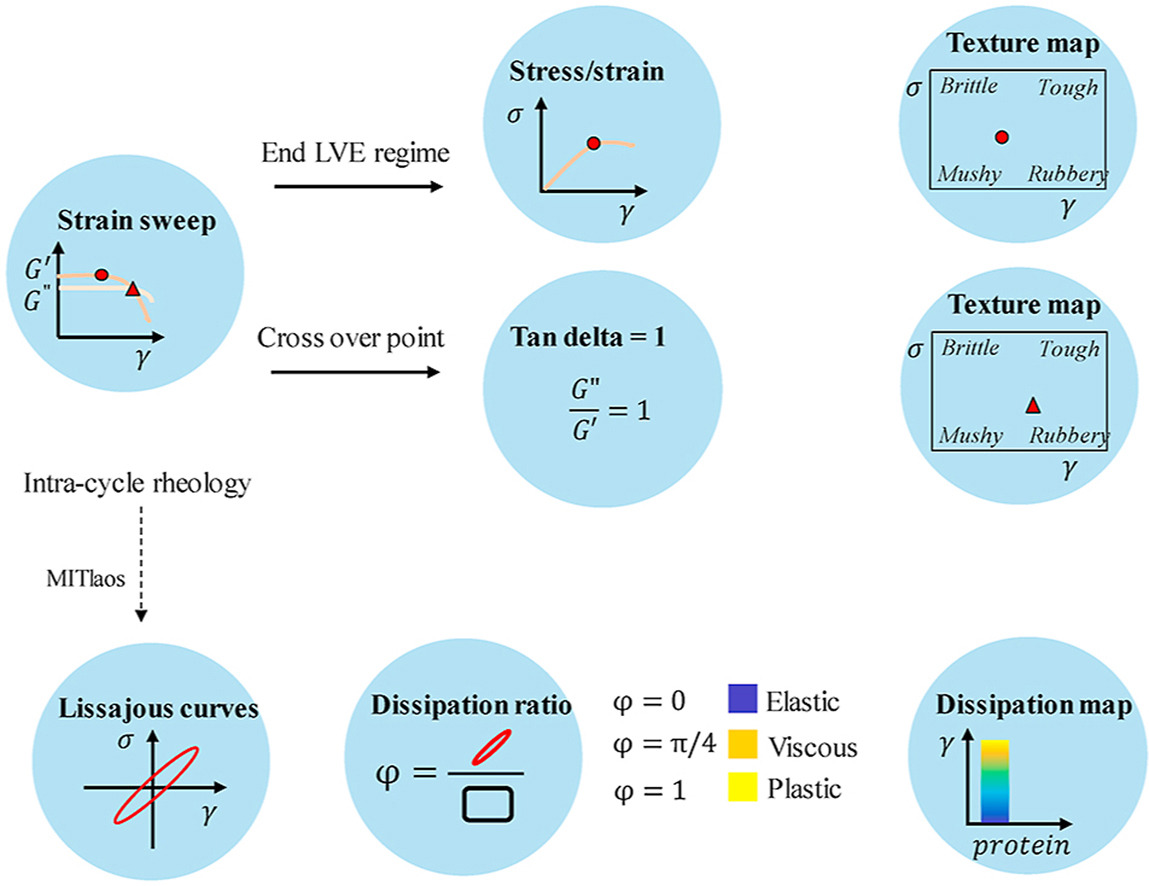The purpose of the present paper is to disentangle the mechanisms that connect climate change-induced disasters, inequality and vulnerability by accounting for both directions of causality. We do so by means of a simultaneous equations approach on a panel of 149 countries from 1992 to 2018. The empirical analysis reveals that countries with higher levels of income inequality suffer greater damages when hit by a natural disaster. At the same time, inequality is found to increase the number of people affected by disasters.
The Physical Oceanography of the Arctic Mediterranean Sea, Exploration, Observations, Interpretations, 2022, Pages 433-477




